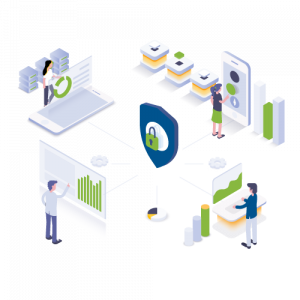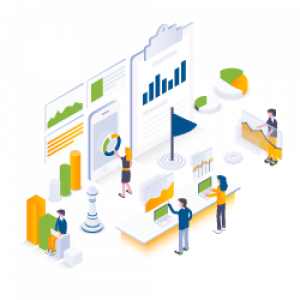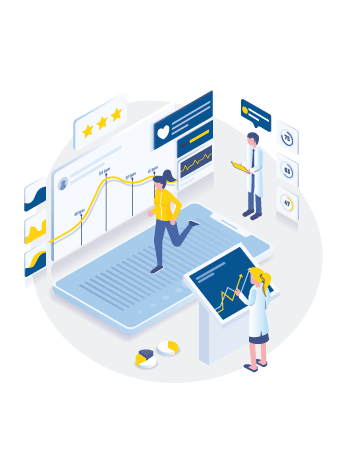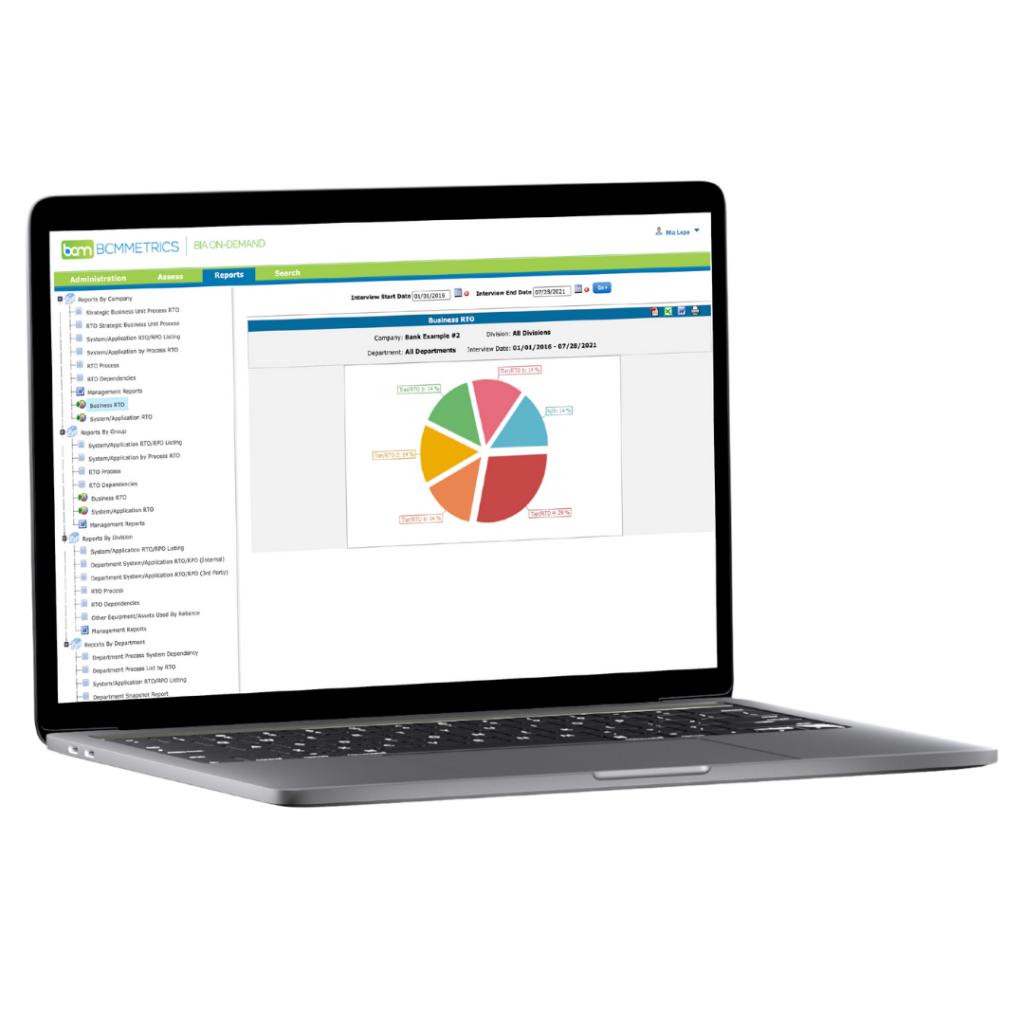Table Service: 8 Ways Tabletop Exercises Can Benefit Your Company

Tabletop exercises are commonly associated with crisis management training; however, there are many other situations where they can provide significant value at modest cost. In today’s post, we’ll look at eight ways this unsung type of exercise can boost your organization’s resilience.
Related on MHA Consulting: Little Things Mean a Lot: The Value of Micro Mock Disaster Exercises
There are two things that everyone who works in business continuity management (BCM) knows about tabletop exercises: You are most likely to encounter them when doing crisis management (CM) training. And they are a poor substitute for full-blown exercises.
In today’s blog, we’re going to challenge both of these ideas.
Tabletop Exercises vs. Full-Scale Exercises
Tabletop exercises are good for a lot more than CM training.
And they should not be thought of as a poor substitute for anything. Rather, they are their own special animal, with their own unique value and benefits.
It would not be wise for any organization to conduct only tabletop exercises. Full-blown exercises offer benefits in identifying gaps and training staff that cannot be obtained through any other means.
However, properly conceived and applied tabletops provide benefits that other types of exercises cannot, and at a modest cost in time, risk, and resources.
Why We Test
As a reminder, the reason we conduct exercises in BCM and IT/disaster recovery (IT/DR) is to see whether our recovery strategies, plans, and documentation will work as they’re supposed to in the event of an outage.
Exercises help to identify gaps and issues in plans, processes, technologies, equipment, and dependencies. They also provide training and practice for participants and might be required for regulatory or contractual reasons.
BC exercises exist across a spectrum.
At one end, they are highly realistic and involved tests spanning many days in which hundreds of people carry out the BC plan in actuality, going off-site and running productively for a period of time just as they would in a real event.
At the other end is the humble tabletop, where a handful of people sit around a table for a couple of hours pretending that something bad happened and talking through what they would do to respond.
If there is any glamor at all in BC testing, it’s connected with the most involved exercises.
However (and paradoxically), the least realistic form of exercise—the tabletop—offers in some ways the most realistic test of a company’s plans. Why? Because it is not propped up by ad hoc arrangements meant to protect production or ensure the exercise is “successful.”
8 Benefits of Tabletop Exercises
Here are eight ways that tabletop exercises can provide real value to a testing program, thus helping the organization identify gaps, train its staff, and improve its recovery plans:
- Adding variety. Variety is the spice of life, and incorporating tabletop exercises can add variety to your testing regimen. This keeps people engaged.
- Being easy. Tabletops can take less time for planning and coordination than other kinds of exercises. They are relatively easy to put together and execute. They are also simple, reducing the opportunities for people to get distracted by the activity of devising a fictional scenario.
- Facilitating unannounced tests. Tabletops are easy to use as “pop quizzes.” This is important since unannounced tests are invaluable for identifying gaps and training staff.
- Simulating collaboration. Tabletops make it relatively easy to simulate collaboration, as would occur in a real event. This might involve having all the participants work remotely, or it might involve a hybrid model in which some employees are on-site and others off-site.
- Being realistic. Often with more elaborate exercises, special measures must be taken to protect production or keep to a schedule. These measures can have the effect of making the supposedly realistic exercise not realistic at all. Tabletop exercises require no such “cheating.” Hence, in some ways, they are the most realistic exercises of all.
- Being stressful. Many people assume tabletop exercises are always casual and relaxed. Such people must not have been in very many of them. I recently participated in a tabletop that envisioned taking down the entire authentication environment. As the team contemplated doing this, they stumbled upon a significant vulnerability that they had not been aware of previously, leading to a serious emotional jolt and deep stress. Although uncomfortable, this was valuable in terms of giving the participants a taste of what it would be like to be involved in a real event (it also alerted them to the existence of this serious gap they had overlooked).
- Finding gaps. Tabletops allow you to find gaps that can be obscured by other types of exercises.
- Allowing the training of secondary staff. Tabletops are a good opportunity for initial training for people less familiar with the process or plans. They allow less experienced individuals to review the recovery plan documents and identify any instructions that are unclear to a nonexpert.
That makes eight ways that the lowly tabletop exercise can provide benefits that cannot be obtained (or obtained as easily) by full-scale recovery exercises.
A Valuable Tool
Tabletops are often thought of as limited to use in crisis management training and/or as a poor substitute for full-fledged recovery exercises. In fact, they are a valuable tool in testing the full range of BCM and IT/DR recovery plans and offer many benefits that are difficult or impossible to achieve through other testing methods.
All organizations that are committed to strengthening their recovery plans and becoming more resilient would be well-advised to consider making thoughtful use of tabletop exercises in their BCM and IT/DR testing programs.
Further Reading
For more information on BCM and IT/DR exercises and other hot topics in BC and IT/disaster recovery, check out these recent posts from MHA Consulting and BCMMETRICS:
- You Still Need to Drill: IT/DR Testing Is as Important as Ever
- 8 Dos and 1 Don’t for Conducting Disaster Recovery Tests
- Kill the Zombies, or How to Get More From Your DR Exercises
- Little Things Mean a Lot: The Value of Micro Mock Disaster Exercises
- How to Be a Mock Jock: Advice on Facilitating a Disaster Exercise
- Let’s Get Real: The Limitations of Tabletop Recovery Exercises









